If you’re a limited company curious about accounting pricing the first thing to tell you is we operate with clear and consistent pricing. Meaning you see exactly what you’re paying for, what those services include and how your fees will change as your business grows (because supporting growth is one of our favourite things to do!).
We don’t believe in firing over an email filled with bullet pointed fees and confusing accounting jargon. Our pricing process is detailed and completely transparent, so you come away from your meeting with a swanky proposal knowing exactly what services you need for your business and how much they’re going to cost.
Accounting services are complex to price. Let’s make it simple.
We don’t bill based on time like a traditional accountant. Instead, we use a much more efficient and accurate way to produce quotes based on three simple pricing factors:
-
Turnover
Your Accounts & Corporation Tax returns, VAT Returns, and Management Accounts fees are based on your annual turnover and if we do your bookkeeping too. Typically, as turnover increases so do the transactions in your business which means more work for us to do. Even if we don’t do your bookkeeping, we expect some ‘tidy up’ work, which is all incorporated within this part of the pricing.
-
Transactions and Frequency
Your Bookkeeping fees are based on the number of monthly transactions you have and how often you would like them processed to see the data: daily, weekly, monthly, or quarterly. The fee for daily bookkeeping is higher than quarterly bookkeeping because of the amount of times we are logging in to process the figures, but it’s a total game changer particularly for growing businesses who want a regular insight into their numbers.
If you’re a new business, we can guestimate how many monthly transactions you’ll have and review your real-time data in three month’s time.
-
Number of Staff
Your Payroll fee is based on the number of staff you have, how often you pay them (weekly, fortnightly, monthly), the type of pay (fixed – consistent salary no variations or variable which requires more communication and work from both sides). Any CIS returns are based on the number of subbies.
But let’s be honest: at the end of the day, you don’t care how long it takes us to reconcile X number of bank transactions. You just want to know that we’re taking care of those bank transactions on time every time with no surprises.
Don’t worry: we don’t do surprises.
Often, surprise bills are the beginning of the end of any business relationships. That’s why we don’t believe in them here. With the J2 pricing structure, there won’t be any unexpected bills hitting your inbox. As your business grows and you require additional pieces of work such as a mortgage reference or more detailed tax advice, this price is agreed on upfront, so you’re fully aware and can give us the thumbs up before it lands in your inbox.
Example pricing for limited companies
To give you an idea of our pricing structure in action, let’s look at a Limited company with £500,000 turnover, employing 2 staff on fixed monthly salaries and approx. 100 bank transactions a month. With monthly bookkeeping, this business owner would be looking at a cost of £255 +VAT per month. Broken down, that looks like:
- Annual Accounts & Corporation Tax Return – £127 + VAT per month
- Bookkeeping – £100 + VAT per month
- Payroll – £28 + VAT per month
Our minimum monthly fee is £100 + VAT per month, as this enables us to do our best work and ensure the right level of commitment from the J2 team.
Our Limited Company clients vary hugely in size and industry and pay between £100 and £3,500 + VAT per month, all based on our 3 factors mentioned above.
What does this all mean in reality for your limited companies pricing?
Your package would be set to run in line with your company’s current year-end, so at year end you have paid your accountancy fees already (see, no surprise bills!).
If you’re super keen to join us and want to come onboard part way through your financial year, there is a catchup fee to align your fees with your year-end.
For example, if your company year-end was 31 December (your month 12) and you came onboard in March (your month 3) of that same accounting year, you would pay two months (January to February for your months 1 and 2) as a catch-up fee.
You have the option to pay this at the start as a one-off or spread it evenly across the remaining months of your financial year, the choice is yours.
Your itemised monthly bill gets emailed on the 1st of the month for that month, payable by direct debit around the 15th of the same month. We use a pretty cool app (GoCardless) for our direct debits.
Our services were set up like this to have less of an impact on your cashflow.
With no lump sum needed when paying out for taxes (which won’t be a surprise because you would have had all the data!). We’ll also regularly review your fee to ensure you’re getting the right level of service. This allows you to turn services up or down depending on changes in your business. Like winning a large contract, switching from monthly to daily bookkeeping, or to accommodate a reduction in your transaction numbers. To learn more about how our proposals are created at J2 Accounting watch this video:
You deserve to know exactly where you stand with your finances. To feel excited about the future, not anxious. With our pricing method, you can be confident that your accounting is an investment into building the business of your dreams. To start turning those dreams into a reality get in touch with us today.
